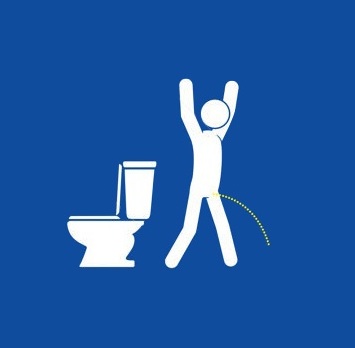Don’t have the nerve to be openly racist? Don’t say or perpetuate racist things.
There’s nothing surprising about life circling back on karma leper Donald Sterling. And this week, L.A. feels like when they hauled the Space Shuttle Endeavor through the city: scores of Angelenos on the same proud page, even if only briefly.
Thank you Donald Sterling, shoo-in for the 2014 Utter Lack of Character Award.
As a former recipient myself, I fully admit to being ethically spoiled (privileged) in my early 20s – so much so that it took being dropped into an environment where everything I didn’t want to be crept its way toward me every day. Frankly, “Scared Straight!” was the only way for me to learn. The sole advantage I had was a dark sense of humor, which meant that one or two my wake-up calls were sort of met halfway.
There are, though, three things I understood right off:
-
Don’t hang around with people who like to punch others ‘cause they have to practice on someone (it’ll eventually be you)
-
No matter what it is, say to their face. Own it. Force the other guy to do all the work, all the reacting, and all the resenting
-
If you don’t know what racism is (learned, legacy or systemic), you should probably shut up about how “…people of color are ____________. ”
Equally clear to me was that, behind bars (or anywhere else) anything in that begins with or contains “I’m not a racist, but…” is BAD. Read more



